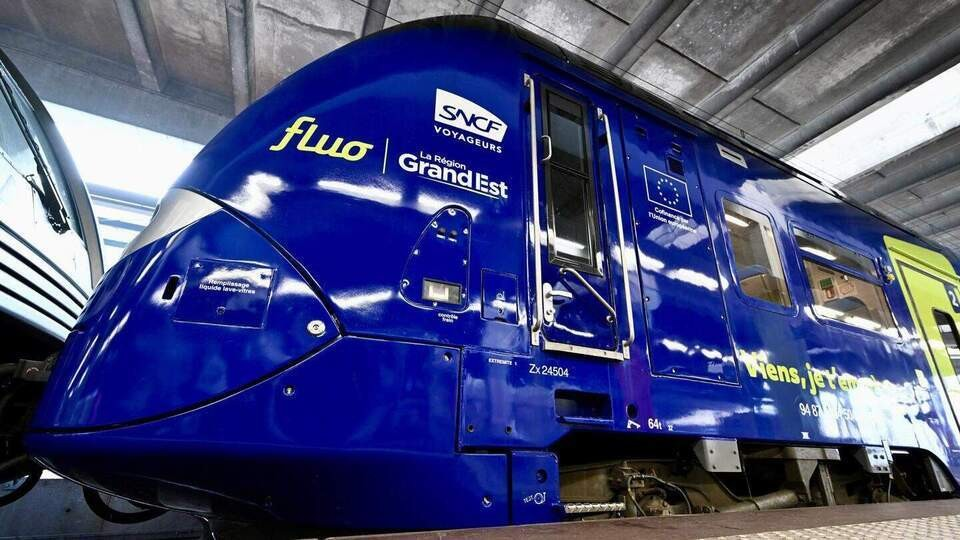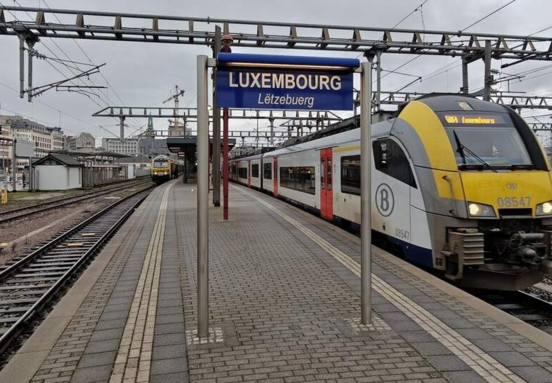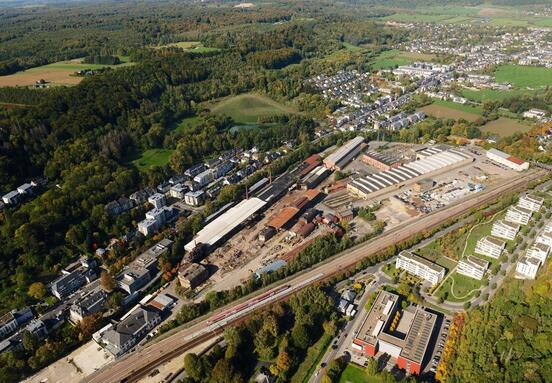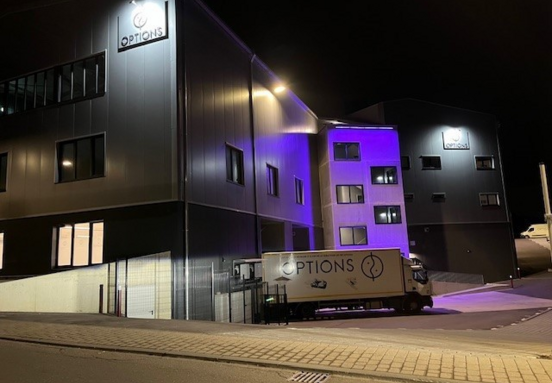The Grand Est region is setting the stage for enhanced business operations and growth with an ambitious overhaul of the Metz-Luxembourg railway line.
Projecting the deployment of 16 new state-of-the-art train sets and the operational launch of a major maintenance center in Montigny-lès-Metz by late 2026, the region is demonstrating strong confidence in a future of improved connectivity and reliability.
Unlocking talent and optimizing logistics with enhanced commuting
For businesses eyeing the Grand Est for their next office or warehouse location, the ongoing rail modernization offers significant advantages. The initiative aims to dramatically increase seating capacity to over 13,000 places during peak hours by 2026 and achieve an impressive train frequency of every seven minutes by 2030.
This translates into a broader accessible talent pool for companies, as employees will experience faster, more comfortable, and more reliable commutes. Furthermore, improved rail infrastructure can indirectly support logistics by enhancing overall regional connectivity, making the Grand Est an even more attractive hub for operations.
Strategic regional investment signals growth potential
The establishment of a major maintenance center in Montigny-lès-Metz is more than just an operational necessity; it represents a substantial regional investment.
This commitment underscores the Grand Est's dedication to long-term infrastructure development and economic stability, which are critical factors for businesses considering a regional footprint.
Such investments can spur local economic activity, create new job opportunities, and reinforce the region's appeal as a robust and forward-thinking business environment.
Addressing efficiency for a reliable business environment
Acknowledging past challenges with punctuality and overcrowding, the Grand Est region is actively implementing solutions. The recent introduction of triple-composition trains to alleviate congestion and the ongoing progress in the homologation of new trains are clear indicators of a concerted effort to ensure a more efficient and reliable service. With punctuality challenges leading to penalties for SNCF, the focus on improvement is sharp.
The potential opening of the line to competition after 2033 further highlights a proactive approach to maintaining high service standards. For businesses, this commitment to operational excellence means a more predictable and dependable transport system, crucial for employee satisfaction and seamless daily operations.
The Grand Est region's strategic investments in the Metz-Luxembourg rail line are poised to create a more dynamic, connected, and attractive business landscape. Companies looking for a region with strong infrastructure, a committed regional government, and a growing, accessible workforce will find the Grand Est increasingly appealing.
Source: virgule.lu







